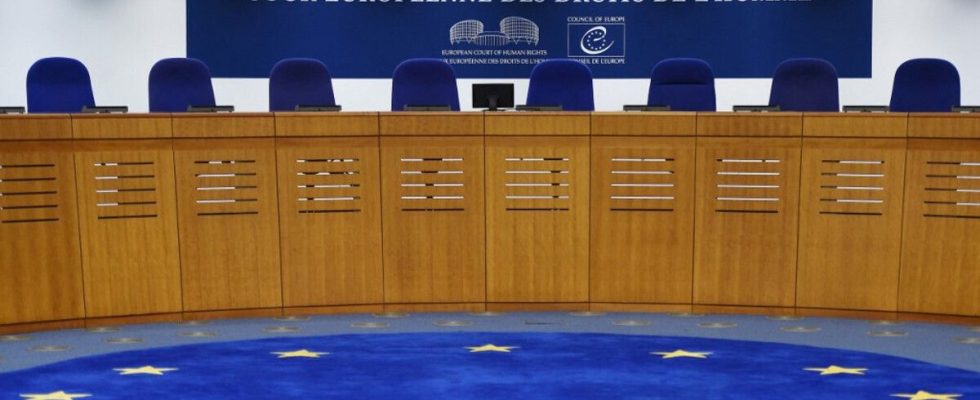States find themselves more and more frequently before the courts, accused of inaction in the face of global warming. A new hearing, “unprecedented” this time, is being prepared. Six young Portuguese people are demanding accountability from 32 states before the European Court of Human Rights (ECHR), a case which could mark a turning point in terms of climate justice.
Proof of the importance that the Court based in Strasbourg (eastern France) attaches to this case is its Grand Chamber, its most solemn formation, which will sit on September 27 from 9:15 a.m. With 32 States concerned, this case is a first for the European jurisdiction in terms of its scale. “It is a unique case” with regard to “the number of States” incriminated, indicates a source within the ECHR.
Binding judgments
The decision, which the Court will render within several months, will be closely scrutinized in a context of a global explosion in the number of climate-related legal cases: its judgments are binding on the 46 member states of the Council of Europe and make jurisprudence. The counsel for the six applicants, Gerry Liston, hopes for a decision “which would act as a binding treaty imposed by the Court” on the States and which would require them to “accelerate their efforts to mitigate climate change”.
“From a legal point of view, it would be a game changer” in terms of climate justice, while the courts play an increasingly important role in this fight, believes the lawyer from the Global Legal Action Network (GLAN), l British NGO which supports young complainants. The six Portuguese, aged 11 to 24, decided to act after the violent fires of 2017 which burned tens of thousands of hectares and left more than 100 dead in their country.
Will the request be valid?
These young people, who fear for their health, say they feel “anxiety in the face of natural disasters and the prospect of living in an increasingly hot climate,” summarizes the CEDH in a press release. The Court, which has never yet ruled on the obligations of the 46 member countries of the Council of Europe on this issue, will first examine the admissibility of the application – the file may be rejected without examination of the merits.
This admissibility will be highly debated. While the normal procedure involves first exhausting remedies before the courts of the targeted countries, the applicants chose to go directly to the ECHR, citing the “excessive and disproportionate burden” of launching 32 separate procedures in 32 states. An audience “unprecedented in its scale and its consequences”, according to Gearoid O Cuinn, director of GLAN, for whom this file, a story of “David against Goliath”, goes beyond the European framework: “Never have so many countries had to defend themselves in court, anywhere in the world.”
States have “the power to stop this”
“Goliath” are therefore the 32 European countries which, according to the applicants, contribute through their greenhouse gas emissions to global warming, with the consequences of heat waves and fires, particularly in their country. “Governments around the world have the power to stop this, and Europeans are choosing not to do so,” underlines Catarina dos Santos Mota, a 23-year-old applicant. If they “fail to protect us, then it is the job of the (ECHR) to step in.” »
The 27 states of the European Union, Russia, Turkey, Switzerland, Norway and the United Kingdom are targeted by the application filed in September 2020. Initially, Ukraine was also assigned but the applicants waived the request. attack after the invasion by Russia. The number of climate-related legal cases doubled between 2017 and 2022, according to UN Environment.

